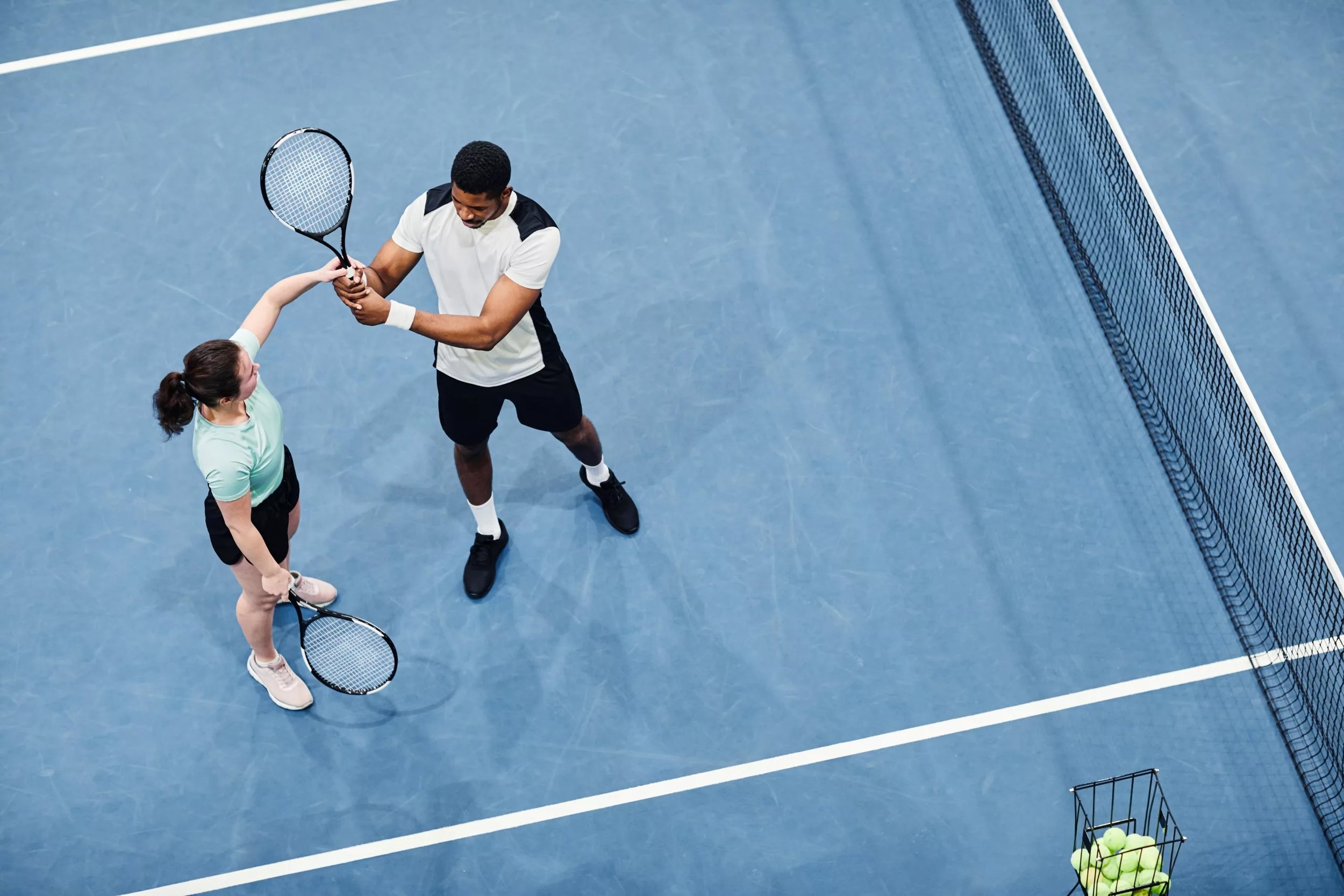
School, Sports, Sport Fandom
Sometimes, the tools we rely on—like mindfulness—work beautifully. Other times, they seem to vanish when we need them most. This is the paradox of pressure. Whether you’re taking an exam, watching a high-stakes game, or trying to fall asleep with a busy mind, performance and emotion are deeply tied to attention. This post explores what it means to stay present when it’s hard—and why that challenge is more normal than we think.

Overcoming Mental Blocks: Sports Psychology Techniques for Skill Mastery
You’ve done the reps. You know the skill. But under pressure, something in your body locks up. It’s not a lack of talent — it’s a mental block. These moments can be disorienting, even for experienced athletes. But with the right tools, they don’t have to stick. This post breaks down what mental blocks really are, why they happen, and how to move through them with clarity and confidence.

Using Self-Talk to Overcome Athletic Challenges and Boost Performance
Athletes spend countless hours training their bodies, but the most successful competitors also train their minds. The way you talk to yourself before a game, during high-pressure moments, and after setbacks can determine how well you perform. Research shows that structured self-talk isn't just motivational hype—it has measurable effects on confidence, anxiety, and performance. Ready to take control of your inner dialogue and elevate your game? Let’s dive into the science behind self-talk and how you can use it to gain a competitive edge.

Mental Rehearsal Techniques for Athletes: Enhancing Performance and Resilience
Mental toughness is what separates good athletes from great ones. It’s the ability to stay focused under pressure, recover quickly from setbacks, and perform at your best when it matters most. But here’s the key—mental toughness isn’t just something you’re born with. It can be trained, just like physical skills. Research shows that mentally tough athletes actively use psychological strategies like self-talk, goal-setting, and relaxation techniques to sharpen their mental edge. Want to build your own mental toughness? Let’s dive into the strategies that can take your game to the next level.

The Mental Side of Injury Prevention: Cognitive Strategies for Athletes
Injury prevention is often thought of as a physical game—stretching, strength training, and proper recovery. But what about the mental side of injury prevention? Your mindset, awareness, and approach to training play a crucial role in keeping you safe. The way you handle fatigue, manage stress, and respond to pain can be the difference between staying strong and sidelined. By integrating cognitive strategies into your routine—like mindfulness, visualization, and reframing discomfort—you can reduce injury risk while enhancing performance. Let’s explore how training your mind is just as important as training your body when it comes to staying healthy in sports.

Managing Competitive Anxiety in Young Athletes: Essential Strategies for Resilience
Competitive sports can be thrilling, but they also bring intense pressure—especially for young athletes. The fear of making mistakes, the weight of expectations, and pre-game nerves can all contribute to competitive anxiety. But here’s the good news: anxiety doesn’t have to be a roadblock. With the right mental strategies, young athletes can learn to channel nervous energy into focus, resilience, and confidence. Let’s explore how structured routines, cognitive reframing, and relaxation techniques can help young athletes manage stress and perform at their best.
Have a Question for Us?
Call us at 437-826-9365 or schedule an ask us anything chat.
We can talk about how working with a therapist and/or mental performance coach can help you.
No charge. No obligation.